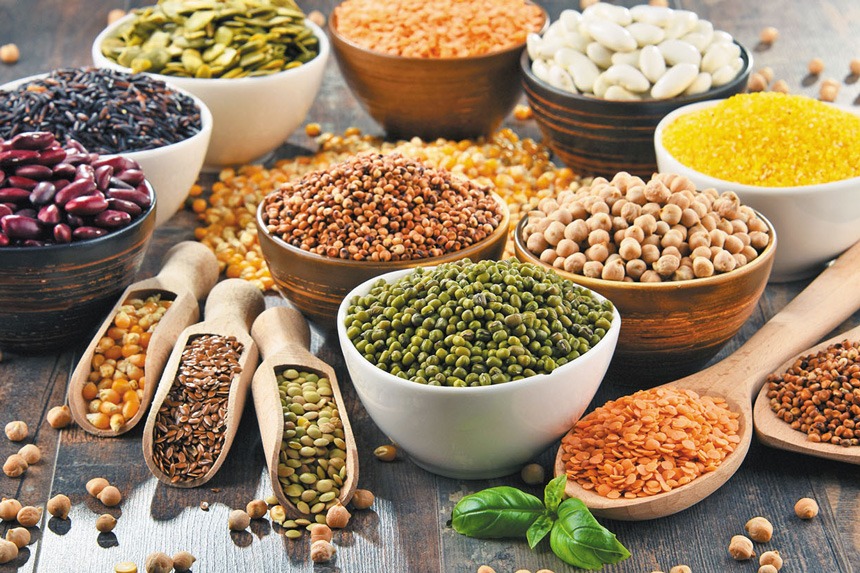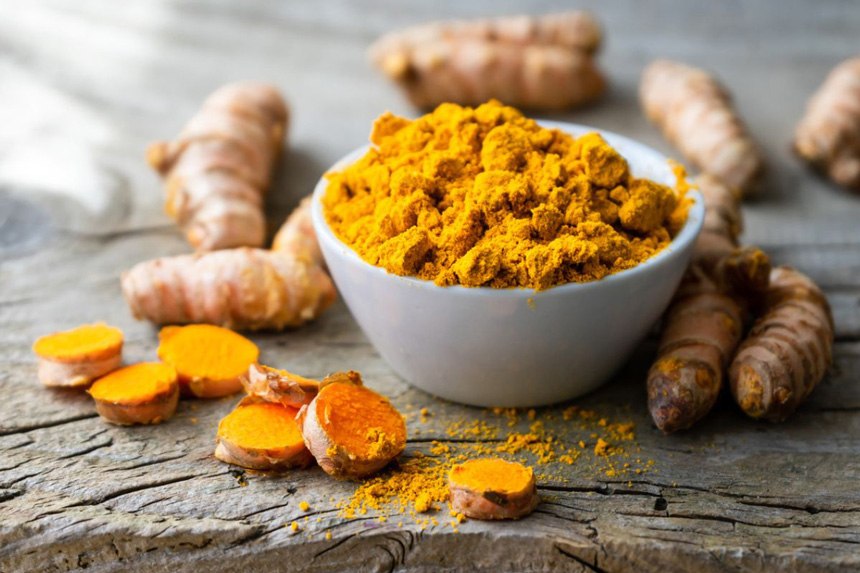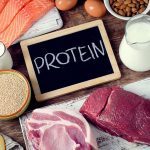Legumes and Soy

Beans and soy products stand out in the nutritional landscape for their dual role in enriching the diet and fending off NAFLD. These foods, rich in resistant starches, bolster gut health, closely tied to overall well-being, including liver function. A 2019 study highlighted that a diet plentiful in legumes like lentils, chickpeas, and peas could reduce the odds of developing fatty liver disease. [5]
Soy, in particular, merits attention for its high β-conglycinin protein content, which is instrumental in trimming triglyceride levels and fighting visceral fat accumulation. Tofu, as a soy product, is a prime choice for those limiting fat intake, marrying the benefits of low fat and high protein in a versatile ingredient.
Turmeric

Turmeric, particularly its active component curcumin, has shown promise in reducing markers of liver damage in people with NAFLD. Research into turmeric supplementation has indicated the potential to decrease levels of certain liver enzymes that are elevated in fatty liver conditions, suggesting a therapeutic role for this vibrant spice. [6]
Adding turmeric to your diet not only spices up your meals but could also contribute to liver health, making it a flavorful and functional ingredient. Its potential to lessen liver damage markers offers a glimpse into the power of natural substances in supporting organ health.





